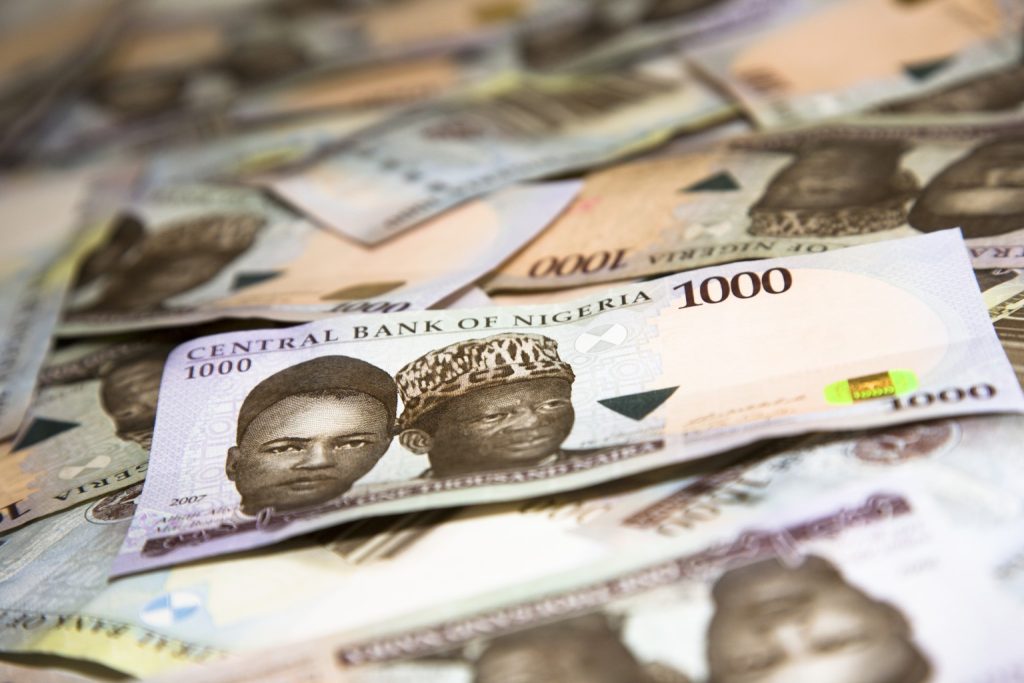The exchange rate between the naira and the US dollar closed at N1,535/$1 by the end of 2024, representing a 40.9% depreciation over the year. This compares to a 49.1% devaluation recorded in 2023 when the naira ended at N907.11/$1.
In the parallel market, where the exchange rate operates unofficially, the naira exchanged at N1,660/$1, reflecting a 26.8% decline from N1,215/$1 at the end of 2023.
Despite the depreciation, Nigeria’s forex landscape saw significant policy changes in 2024, driven by the Central Bank of Nigeria’s (CBN) efforts to attract foreign investment and stabilize the naira. Throughout the year, the CBN implemented reforms such as eliminating interbank trading caps, clamping down on speculative trading, and enhancing foreign currency inflows.
The year began with CBN Governor Olayemi Cardoso asserting that the naira was undervalued, prompting initiatives for genuine price discovery. By January 31, the naira appreciated to N1,455.59/$1, benefiting from tighter regulation and partial resolution of outstanding airline FX claims.

Subsequent months saw policy shifts, including fines for forex violations, revocation of thousands of Bureau de Change (BDC) licenses, and the introduction of a remittance task force to boost dollar inflows. By mid-year, the CBN increased BDC capital requirements to ₦2 billion and tightened forex management protocols.
Despite intermittent recoveries, challenges persisted. For instance, while forex liquidity improved in August following remittance inflow surges and dollar bond issuances, the naira dropped further to N1,611/$1 by July.
The CBN’s efforts to stabilize the naira extended into late 2024 with a nine-month window for undisclosed foreign currency deposits in Nigerian banks and a new FX matching system to address valuation challenges. However, despite interventions, the naira remained one of Sub-Saharan Africa’s weakest currencies.
Data from the CBN revealed that Nigeria’s external reserves closed at $40.8 billion, a 24% increase from $32.9 billion at the end of 2023. The Naira Futures Exchange Market (NFEM) and weighted average rates ended the year at N1,535.8/$1 and N1,536.5/$1, respectively.
While the naira’s depreciation shows Nigeria’s ongoing forex challenges, the policies introduced in 2024 suggest a focus on long-term stability and attracting foreign investments.

